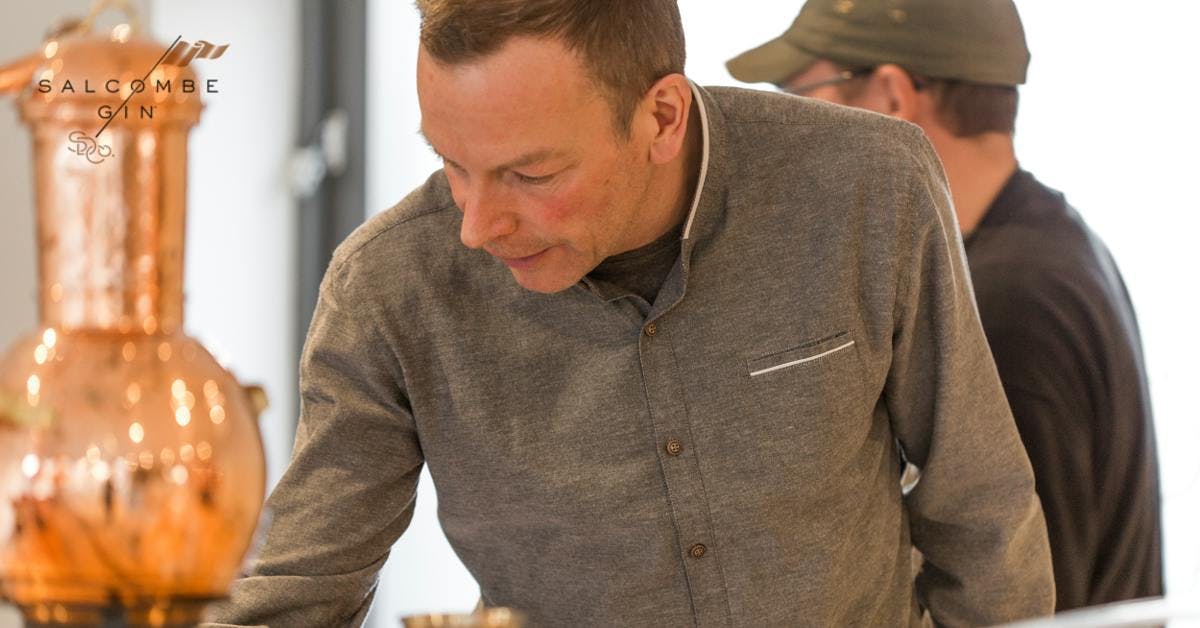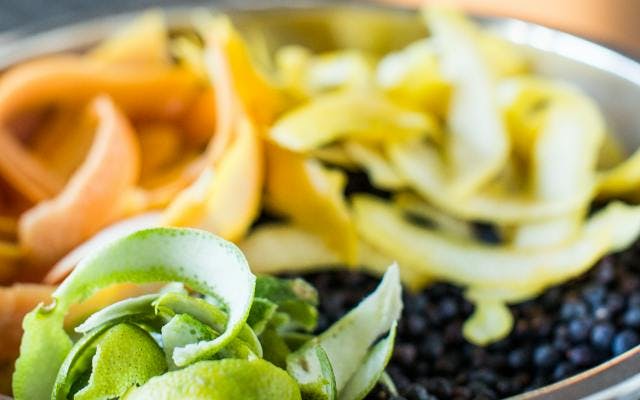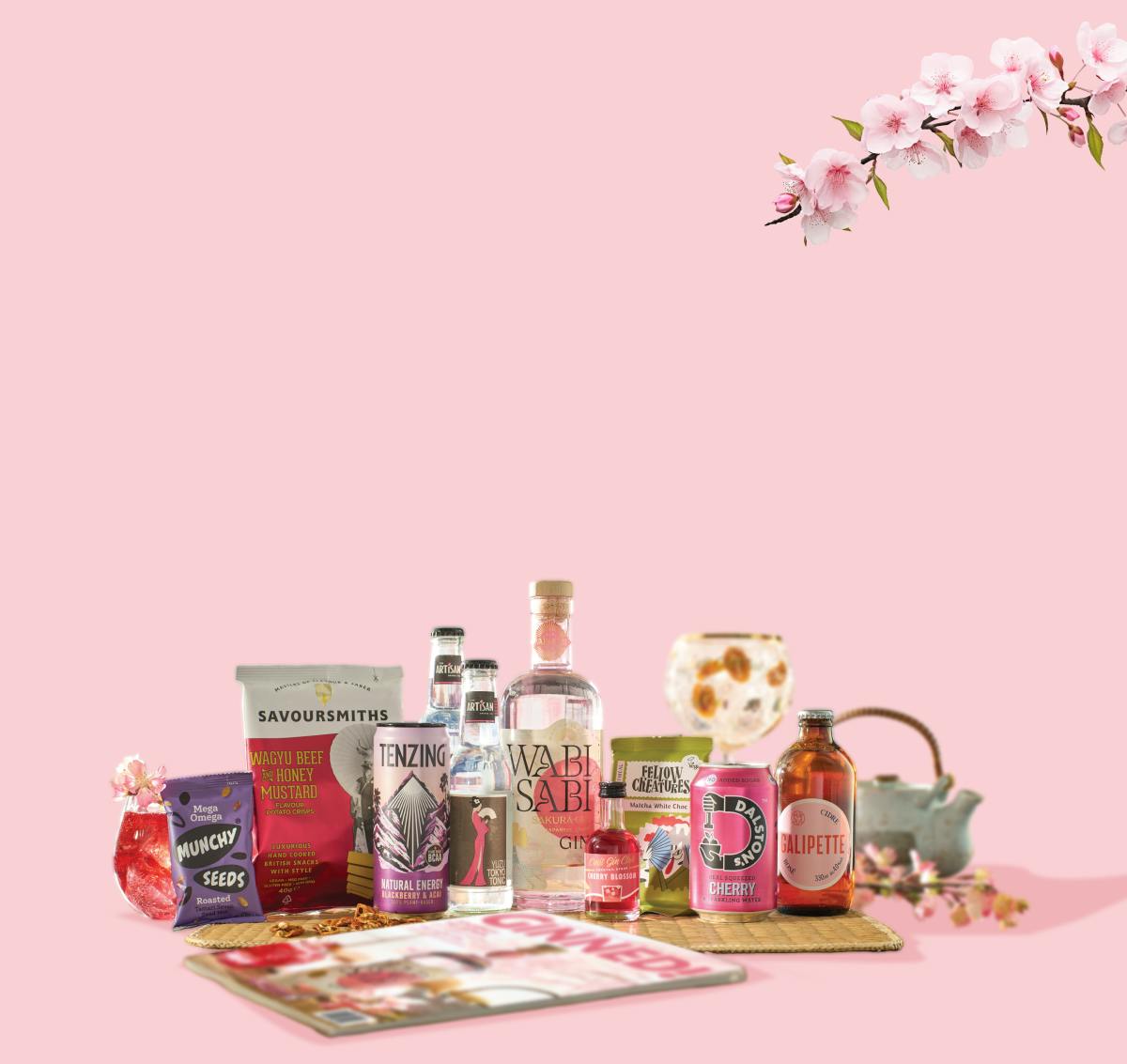
5 Minutes With… Jason Nickles of Salcombe Distillery Company
Salcombe Distillery Company’s head distiller tells Craft Gin Club what chilli sauce and gin have in common, and why seaweed, coconut and marshmallows make for mean botanicals.
You were a co-founder of South Devon Chilli Farm. How has that experience helped you as a distiller?
We started South Devon Chilli Farm in 2003, at a time when the idea of growing chillies in the UK and turning them into a range of chilli-based products was completely new, so we were the first company to do a lot of what is now quite commonplace.
It sounds strange, but chilli sauces and gin aren’t too far apart; it’s all about playing around with herbs and spices, marrying flavours together then putting the successful ones into production. There are a lot of similarities in the production processes of both, bottling labelling and packaging, the overlap is probably about 70%

How did you first meet Angus and Howard, and go on to become the head distiller at Salcombe Distillery Company?
The world of food and drink in South Devon is a close-knit community, and I first introduced myself to them to find out whether there was any overlap between my skills and theirs. It turned out perfectly. I think I completed the jigsaw, and for quite a while there were just three of us beavering away at gin making, and everything else that goes with it
What skills do you think are the most important for a successful head distiller?
When it comes to distilling, technical knowledge and an analytical mind are important. Everything should be identical on each and every run in order to maintain consistency across batches, so accuracy and attention to detail is important too, but environmental factors like the temperature of water and room temperature have an influence, so experience also counts for a lot.
Enjoying it also a big part – associating the smells and tastes and sounds of distilling with good and bad emotions helps to develop a sixth sense for when something might be out of place or about to go wrong.
You also run the Salcombe Gin School. What's your favourite part of running the classes? What's the oddest combination you've had a pupil try that worked in the end?
Everybody makes a different gin, so the endless variety is the best part of it. There are trends, such as a making warmer gins in the winter and lighter floral ones in the summer, but with 80 or so botanical ingredients to choose from, no two gins will ever be the same.
We had a lady who didn’t like tonic water and wanted to drink her gin neat over ice. She chose every ingredient that would add smoothness or sweetness – seaweed, marshmallow, coconut – and, despite our scepticism, the end result was fantastic.
What excites you most for the future of Salcombe Distillery Company, and your own role as head distiller there?
We have some interesting and fun projects on the go, which we can’t talk about yet, and the popularity of the gin school is going from strength to strength, so there is always something new to get my teeth into.
There are big glass doors which separate our still room from our cocktail bar so we have a steady flow of visitors who are inevitably interested in how our gin is made, and also provide frequent praise and feedback for the product we make. This is always welcome and these regular endorsements make it all worthwhile.







